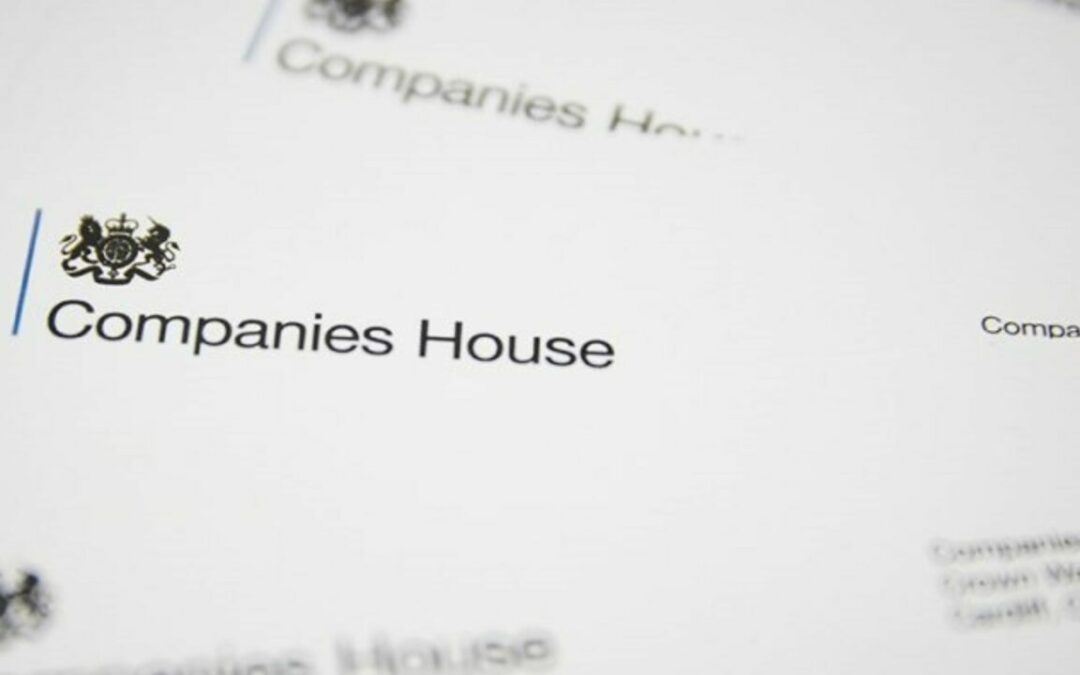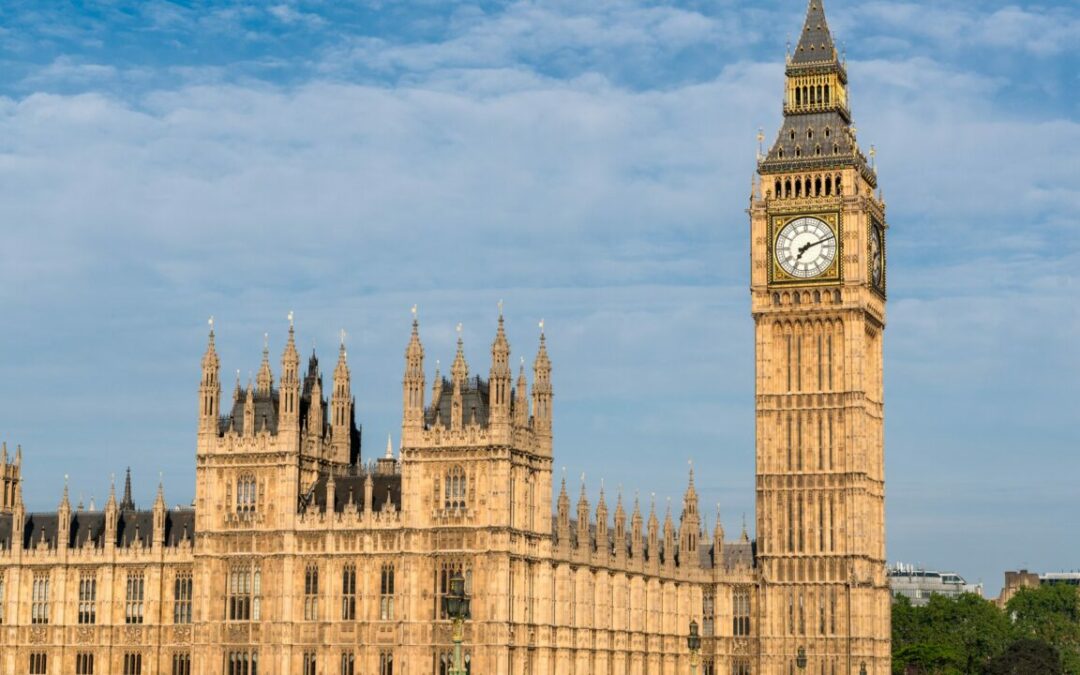Ever found yourself scratching your head over how Marriage Allowances work? You’re not alone! We’ve received several questions and queries on this subject, prompting us to create a post to clear up the confusion. Let’s delve into the intricacies of Marriage Allowance and unravel its impact on your taxes as a couple.
How it Works: Marriage Allowance empowers you to transfer £1,260 of your Personal Allowance to your spouse or civil partner. This can potentially reduce their tax by up to £252 in the tax year (from 6 April to 5 April the following year).
To be eligible as a couple, the lower earner (usually with an income below £12,570) must transfer part of their Personal Allowance.
Application Criteria: To benefit from Marriage Allowance, certain conditions must be met:
- You must be married or in a civil partnership.
- The lower earner should either not pay Income Tax or have an income below their Personal Allowance (£12,570).
- Your partner must pay Income Tax at the basic rate, typically with an income between £12,571 and £50,270.
Remember, if you’re in Scotland, your partner must pay the starter, basic, or intermediate rate, usually ranging from £12,571 to £43,662.
Who Can’t Apply: Unfortunately, if you’re living together but not married or in a civil partnership, you’re ineligible for Marriage Allowance. However, if you’re in Scotland, different criteria apply.
Special Considerations: For those born before 6 April 1935, Married Couple’s Allowance might be a more suitable option. Note that you cannot claim both Marriage Allowance and Married Couple’s Allowance simultaneously.
Backdating Your Claim: You have the flexibility to backdate your claim to any tax year since 5 April 2019 when you were eligible for Marriage Allowance. The Personal Allowance rate for the respective years will determine the impact on your partner’s tax bill.
Stopping Marriage Allowance: Your Personal Allowance will automatically transfer to your partner each year until you cancel Marriage Allowance. Keep in mind that changes in income or relationship status may prompt the need to review and potentially terminate the allowance.
For a deeper understanding and personalised assistance, follow this link: Marriage Allowance: How it works – GOV.UK (www.gov.uk) or reach out to our dedicated team at Whittaker and Co. We’re here to help you navigate the complexities and maximise the benefits of Marriage Allowance.






